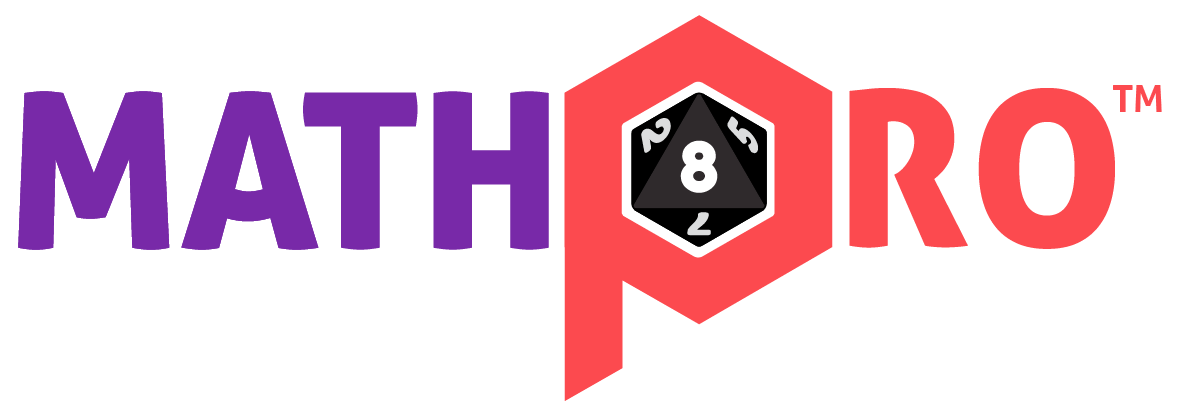Why MathPro? Our Children’s Success Matters
Research shows, early math skills predict later academic success.
To support this research, UC Irvine Distinguished Professor of education Greg Duncan and colleagues identified six population-based data sets – involving 16,387 children – that included measures of reading and math competency, attention skills, pro-social behavior, and antisocial and internalizing behavior taken around the time of school entry, as well as measures of reading and math competency taken later in the primary or middle school years.
“We found that only three of the school-entry measures predicted subsequent academic success: early reading, early math and attention skills, with early math skills being most consistently predictive,” Duncan says.
His analysis is widely viewed as providing a clear answer about the relative role of school-entry skills and behaviors: Early academic skills appear to be the strongest predictor of subsequent scholastic success – early math skills more so than early reading skills.
He and Katherine Magnuson of the University of Wisconsin-Madison recently completed a second study using two large data sets (2,843 children) and the same achievement, attention and behavior measures. They determined that K-5 students with persistently low math skills were much less likely to graduate from high school or attend college.
Surprisingly, chronic reading problems were not predictive of these outcomes, after accounting for the fact that children who struggle with reading tend to also struggle with math. In contrast to the first study’s findings, persistent antisocial behavior was correlated to dropping out of high school and not attending college. But chronic difficulty paying attention and internalizing behavior were not predictive of this.
The math results were quite striking. Children with persistent math problems in elementary school were 13 percentage points less likely to graduate from high school and 29 percentage points less likely to attend college.
“The next level of research should focus on why math skills – which combine conceptual and procedural competencies – are the most powerful predictor of subsequent achievement and attainment,” Duncan says. “Experimental evaluations of early math programs that focus on particular skills and track children’s reading and math performance throughout elementary school could help identify missing causal links between early skills and later success.”
For their part, parents know how to read to children, and have ample books to help. It’s not the same for math. “I know how to read a book to my child,'“ she says. “How do you do math with a three year-old?” In math, more than in literacy, there is a general belief that some people are good at it and some are not. Carol Dweck, another Stanford professor has show how toxic this “fixed” mindset can be: Kids who think their math intelligence (or any intelligence) is fixed struggle to improve as much as those who think ability is linked to effort. (Jenny Anderson: How To Be Human)
Elementary math predicts high school achievement
Let’s start at the beginning. Which types of mathematics content knowledge are most essential for elementary-aged children?
The answer is fractions and whole-number division. Mastering these two concepts in elementary school can help students get on the right track for success in high school.
This was the conclusion reached by one study that analyzed the math scores of more than 4,000 children in the United States (ages 10–12) and the United Kingdom (age 10 only) to identify the types of mathematics content knowledge that best predicted students’ long-term learning. In a multiple-regression analysis, fractions and whole-number division were the only two early math concepts that had a significant correlation with students’ overall mathematics achievement in high school in both countries.2
In addition to finding that knowledge of fractions and whole-number division were better predictors of high school math achievement than whole-number addition, subtraction, or multiplication, the study also discovered that knowledge of fraction and whole-number division had a stronger relation to overall math achievement than family income level did.
That’s not to say that educators can skip addition and subtraction and go straight to division and fractions. Addition and subtraction are prerequisites that must be mastered first, before students can advance to more difficult concepts like division and fractions. Instead, these results indicate that students can’t stop at addition and subtraction in elementary; they must strive toward more advanced concepts.

